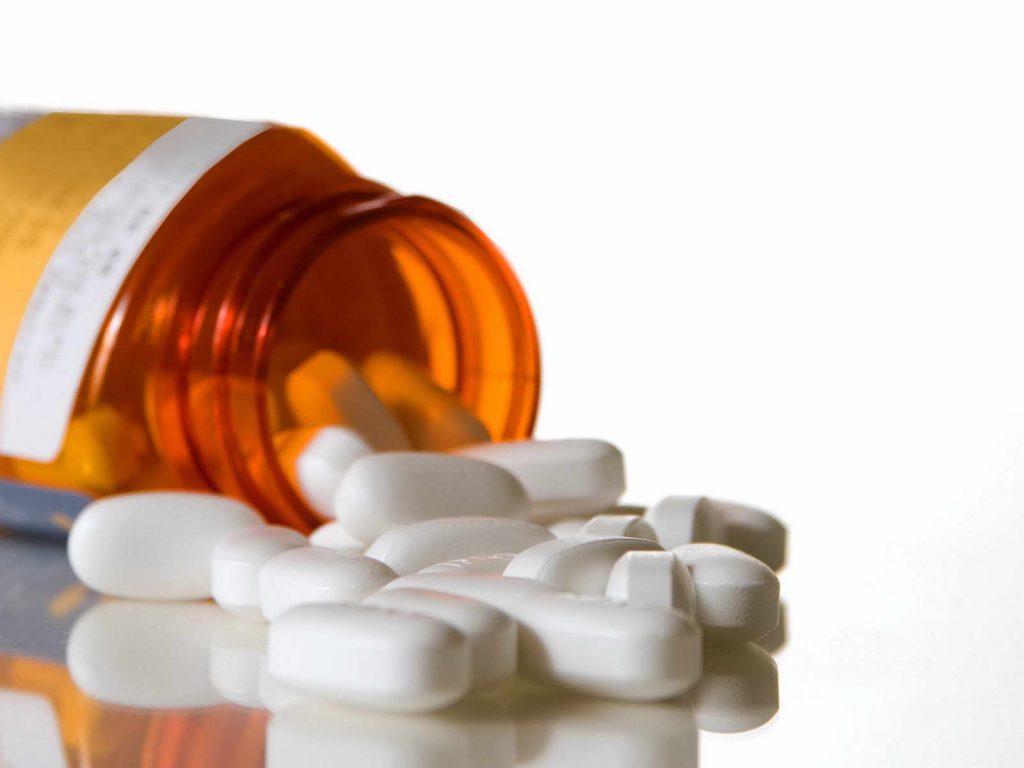Pharmaceuticals are designed, developed, and primarily manufactured in laboratory environments. Lab testing is a mandatory requirement in practically every phase of pharmaceutical R&D and production, from incoming raw materials inspection to dosage form quality control (QC). Alongside analysis of the actual product and its components, pharmaceutical lab testing is often conducted to diagnose manufacturing issues that could pose risks to human health.
In this blog post, Jordi Labs takes a look at pharmaceutical lab testing in its most common forms, from bioactive pharmaceutical ingredients (APIs) inspection to manufacturing quality assurance (QA).
Pharmaceutical Lab Testing of APIs
Drugs exhibit a pharmacological effect after introduction into the body due to the distinct mechanism of action of the biologically active constituents in the product. Pills and tablets are occasionally known by their API. The bioactive constituent of aspirin, for example, is acetylsalicylic acid; commonly known as aspirin. However, drugs are more often marketed under brand names that can make it difficult for patients to identify the API in their medication.
Pharmaceutical lab testing of incoming APIs is essential for meeting worldwide regulatory standards in the pharma and healthcare industries. Methods of testing these constituents vary significantly, given the myriad chemical and physical forms that APIs can take. Among the most important techniques for API impurity/purity and toxicology screening are high-resolution mass spectrometry and gas and liquid chromatography methods.
Pharmaceutical Lab Testing of Excipients
Excipient materials are generally formulated alongside APIs to promote improved thermodynamic stability, longer shelf-lives, control pharmacokinetics and control drug release rates. The absorption capacities of dosage form pharmaceuticals can determine the rate at which they move from dissolution in vivo into the bloodstream, where they begin to exert pharmacological effects.
Although technically inactive, excipients perform a key role in dosage form pharmaceuticals, often comprising the bulk of the finished product. Pharmaceutical lab testing is conducted to assess how excipients affect the assimilation process of the APIs to optimize recipes for desired therapeutic effects. Some excipients may be required to slow dissolution for drugs where a rapid release could damage tender tissues and cause internal irritation. Others are made to disintegrate quickly, providing fast relief from symptoms. GPC is often used to test polymeric excipients as the rate of drug release is often directly correlated to polymer molecular weight. However, the enormous range of readily available excipients (small molecule and polymeric) demands a flexible mindset when it comes to excipient lab testing.
Pharmaceutical Lab Testing of Contact Materials
The raw materials and dosage form products must be characterized individually and together to guarantee batch-to-batch consistency or to ensure substantial equivalence in new drug development studies. Yet additional quality control and assurance must be conducted on finished goods and packaging media to ensure that particulates, residues, extractables, and leachables that can permeate products are not allowed to propagate to market.
Tablet Impurity Characterization
Fourier-transform infrared spectroscopy microscopy (FTIR) with energy-dispersive X-ray spectroscopy scanning electron microscopy (SEM-EDS) are two of the leading tools for characterization of contaminants in pharmaceutical tablets. These methods provide chemical composition information for both organic and inorganic impurities and help solve problems such as tablet discoloration or particulate identification.
We recently explored the importance of identifying particulates and residue in pharmaceuticals in greater depth.
Pharmaceutical Lab Testing with Jordi Labs
At Jordi Labs, pharmaceutical lab testing is one of our core competencies. We offer expertise in the field of GPC, mass spectrometry and E&L testing, providing assistance for improving QC of existing manufacturing processes and analytical support for any investigational new drugs (INDs).
If you would like to learn more about our experience in pharmaceutical lab testing, feel free to contact a member of the Jordi team directly.
